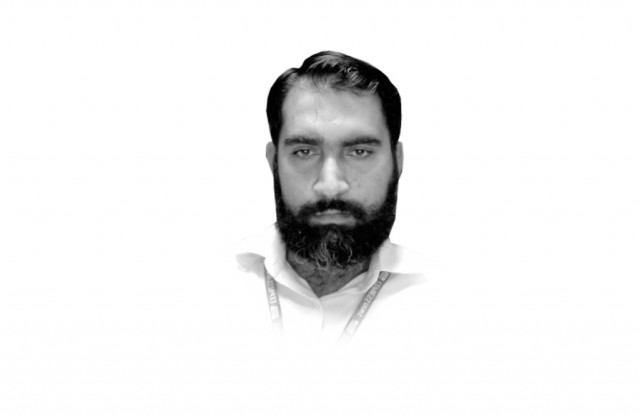How US-Taliban relations can improve
It may well be that in the future the Taliban will not allow al Qaeda or a similar group a base in Afghanistan.

How US-Taliban relations can improve
Today, technically speaking, the US has won the war in the Afghan theatre because the main aim of the war was has been achieved. A majority of top al Qaeda leaders, like Khalid Sheikh Mohammad, have either been captured or killed, or are in hiding. And al Qaeda is on the run, trying to seek refuge in Yemen and Somalia. After the invasion of Afghanistan, the US played into the hands of the Northern Alliance, an alliance between the anti-Taliban Tajiks, Uzbeks, Hazara etc. It is dominated by the Tajiks who have a grudge rooted in history against the Pashtuns. As a result, after the invasion of Afghanistan, there was a genocide of Pashtuns in the north. Unfortunately, the US and Nato, albeit unintentionally, took part in all this.
Looking back at the history of the Taliban, one should understand that their evolution and rise to power was the result of the same kind of warlord-ism and corruption which prevails today in Afghanistan. In this context, given the fact that historically Afghans have not been welcoming of outsiders, and the interests of other competing powers in the region, one can understand why the Taliban are getting stronger. Considering all this, it will be foolish for the US to insist in staying in Afghanistan.
On the other hand, if the US and the International Security Assistance Force (Isaf) leave, technically the Taliban will have eventually won the war – and one could argue this would be a win-win situation for both the Americans, who would have left, and the Taliban who would have outlasted their adversaries.
Given what has happened, it may well be that in the future the Taliban will not allow al Qaeda or a similar group a base in Afghanistan. A former CIA officer has recently even suggested that the Americans hand over the security of Kandahar to the Taliban and gradually withdraw so that US-Taliban relations can improve. If the two come to some understanding, it will help the US to further its interests in Central Asia whilst saving loss of precious lives in Afghanistan.
Published in The Express Tribune, September 21st, 2010.















COMMENTS
Comments are moderated and generally will be posted if they are on-topic and not abusive.
For more information, please see our Comments FAQ